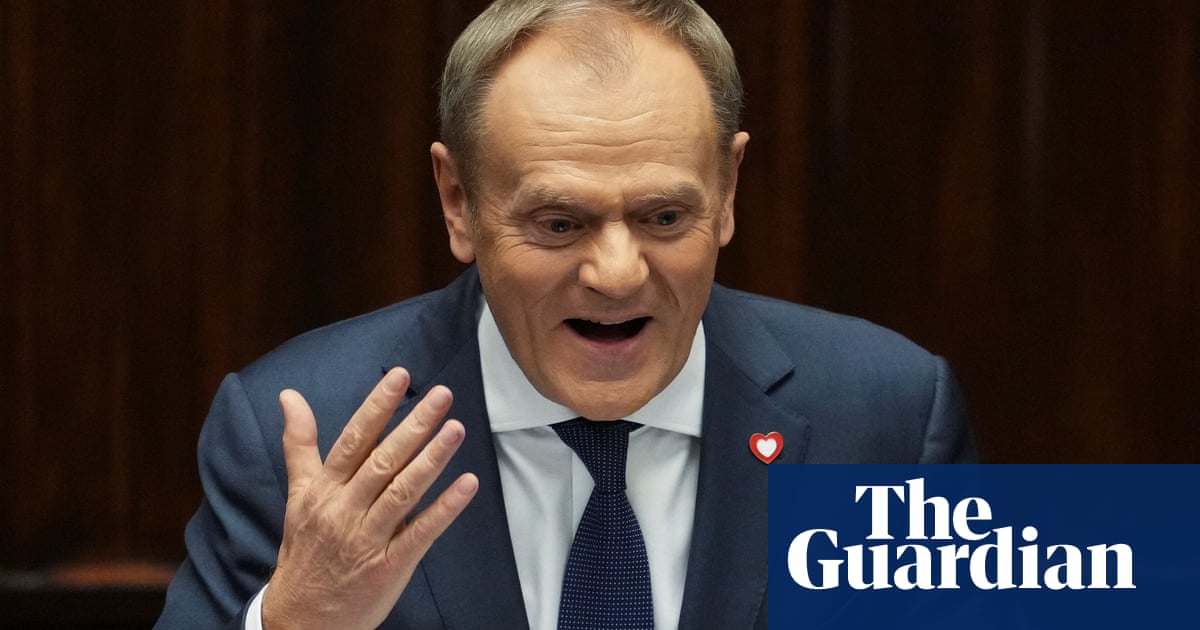
Sudanese President Omar Hassan al-Bashir announced that the fight against corruption is ongoing and set it as a firm goal pursued by his government in the next stage.
The new anti-corruption mechanism was set up over a year ago to tackle the countrys severe economic crisis, he added.
An anti-corruption campaign has been launched in Sudan for months now and saw the probing of businessmen and former government officials. Among the notable figures affected by the hunt is a senior security and intelligence officer convicted by a special court and sentenced to seven years in prison.
A number of businessmen are still in detention for corruption charges involving billions of Sudanese pounds.
Good governance is a constant goal of the Sudan government and it seeks to achieve it by all means, Bashir said in his Monday speech addressing the parliament.
He also vowed to continue advancing efforts to fight and uproot corruption and empowering relevant existing bodies. A special commission to fight corruption has also been established.
Called the Anti-Corruption Investigation Unit, the taskforce administratively belongs to the National Intelligence and Security Service (NISS).
The case of prison officer General Abdul Ghaffar al-Sharif has taken the Sudanese public talks by storm.
Corruption undermines both the state and the society, and the government has taken several procedures and laws and strengthened auditor general positions, Bashir added.
Other than investigating a number of major officials and business tycoons, the unit also unveiled a case involving former finance minister Baddereddine Mahmoud and a suspicious Qatar-issued 120 million dollar loan.
A number of other businessmen and banks are in custody on charges of corruption.
Bashir, in his speech, said it is a the beginning of a new phase fixed with the review of macroeconomic fundamentals, according to a new vision, including the adoption of policies that stimulate production and increase exports and control imports and achieve fiscal discipline in the country.
He stressed the continuation of what he labeled as "state restructuring" to control government spending across the spectrum and create qualified civil services to meet the economic challenges facing the country.











